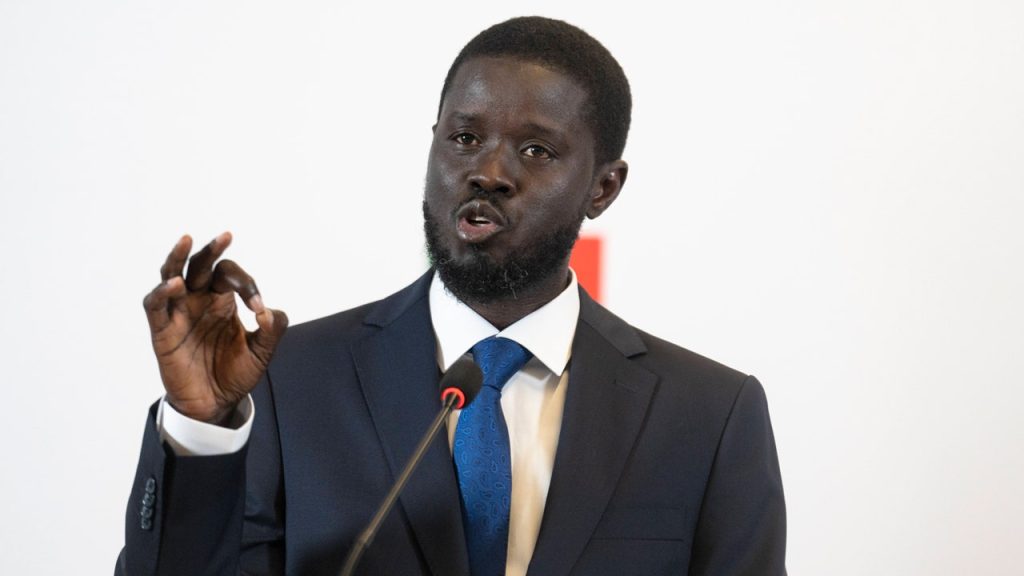Former tax inspector and political novice Bassirou Diomaye Faye has been elected president of Senegal at the age of 44. Faye was released from prison just weeks before the election and his campaign was supported by popular opposition leader Ousmane Sonko. Sonko himself was barred from running due to a prior criminal conviction, which was seen as a political move by the outgoing incumbent Macky Sall. Faye promised to fight corruption and reform the economy, appealing to many unemployed youth with his message.
While official results were not yet available, former prime minister and the incumbent president’s backed candidate conceded defeat in the election to Faye. The unrest in Senegal over the past months, stemming from the arrest of Faye and Sonko, raised concerns about potential political turmoil and the president seeking a third term. Faye’s anti-establishment platform, focusing on economic reform and anti-corruption, resonated with the young population in Senegal, where unemployment is high.
Faye outlined his priorities moving forward, including reforming the ECOWAS regional bloc and renegotiating oil and gas contracts to keep national resources under Senegal’s control. The opposition win signifies significant changes in both domestic and foreign policies for Senegal, with a possible shift away from former colonial power France. The peaceful election and overwhelming support for Faye from voters indicate a desire for change and a new direction for the country.
Faye’s background in law and as a tax inspector, along with his ties to Sonko’s party PASTEF, propelled him onto the national political stage. Despite facing various charges and imprisonment, Faye persevered and won the presidency with the promise of transparency, honesty, and dedication to the people of Senegal. His financial declaration ahead of the election displayed modest assets, including a home in Dakar and various land holdings, reflecting his commitment to accountability and integrity.
Faye’s rise to the presidency marks a turning point for Senegal, with a young leader at the helm, pledging to address corruption, reform the economy, and empower the youth. His victory celebrations across the capital showcased the support and enthusiasm of the population for the new government. With promises of national resource control and foreign policy reform, Faye’s presidency signals a new era for Senegal, with hopes for greater prosperity and stability in the West African nation. Sonko’s crucial backing and influence played a significant role in Faye’s journey to the presidency, highlighting the power of unity and cooperation in the political landscape of Senegal.















